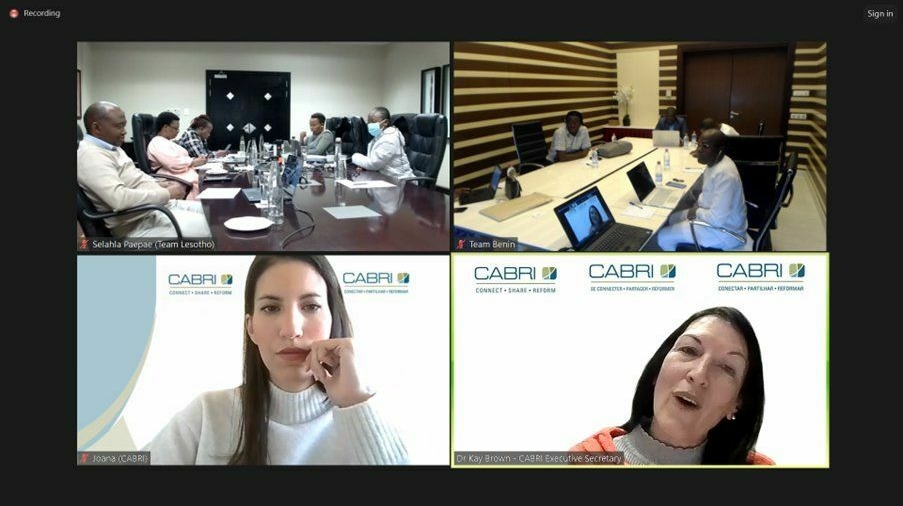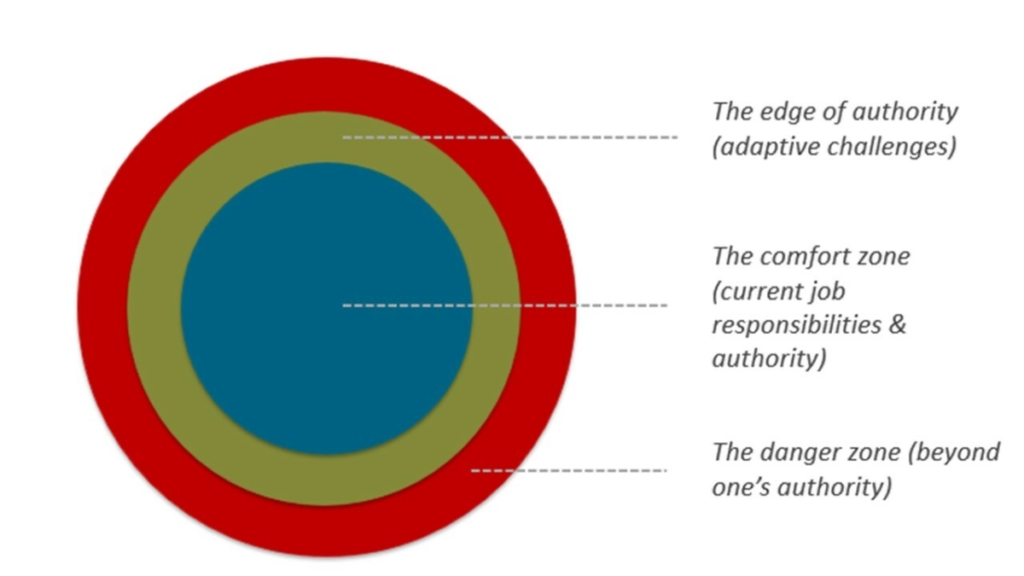
On 30 August 2023, the four teams participating in the BPFC programme – Benin, Guinea, Lesotho, and Nigeria - attended a virtual mid-term peer review workshop, where they presented the progress achieved thus far in tackling their locally nominated problems and challenges faced during this process. The workshop also provided an opportunity for peers to provide feedback, question the assumptions made, and provide ideas on the way forward.
Below are three takeaways from the workshop:
Problem and evidence-based approaches are key to developing localised and viable solutions. Most teams highlighted that they appreciated a problem-driven approach to reform, which contrasts traditional reform initiatives in their countries. Understanding the root causes of public finance problems is key to addressing them sustainably. However, identifying and gathering data and evidence on these complex problems has proven challenging for some teams – and highlighted some weaknesses in information management processes in these countries. The key will be to map out what data is out there, analyse it to understand the causes of the problem better (and make certain assumptions in the process), and find clues that assist them in identifying where to look next.
Progress in PFM reforms may not always be a straight line from A to B. Many public finance problems institutions face today are complex, meaning the causes of the problem are unknown, and the relationship between cause and effect is not easily understood. This is why adopting an iterative and adaptive approach is vital to solving these problems, as teams’ experiment with different avenues to understand whether it leads to the intended outcomes. Sometimes they will, sometimes they won’t – there is no way of knowing this in advance. Sometimes, teams must take one step forward and two steps back to get to point B. The emphasis here should be on learning through action – learning about the problem, causes, and space for change – iterate and adapt.

Solving public finance and policy problems requires local agents to dance at the edge of their authority. This concept by Ronald Heifetz and Marty Linsky explains how leaders are often required to act near and beyond the formal limits of their authority when tackling adaptive challenges. All the teams highlighted that tackling their problem required them to work in areas beyond their job responsibilities. However, most of the problems institutions face exist because the roles and functions performed within them are failing them. Solving public finance problems, therefore, requires local agents to step outside their sphere of formal authority. Moreover, this is precisely the type of leadership the teams are being called to exert. Teams should be cautious about not overextending themselves in areas with low space for change before building the legitimacy and capabilities required to tackle the more difficult challenges. Just like in tango, wisdom is knowing when to push and when to pull back.